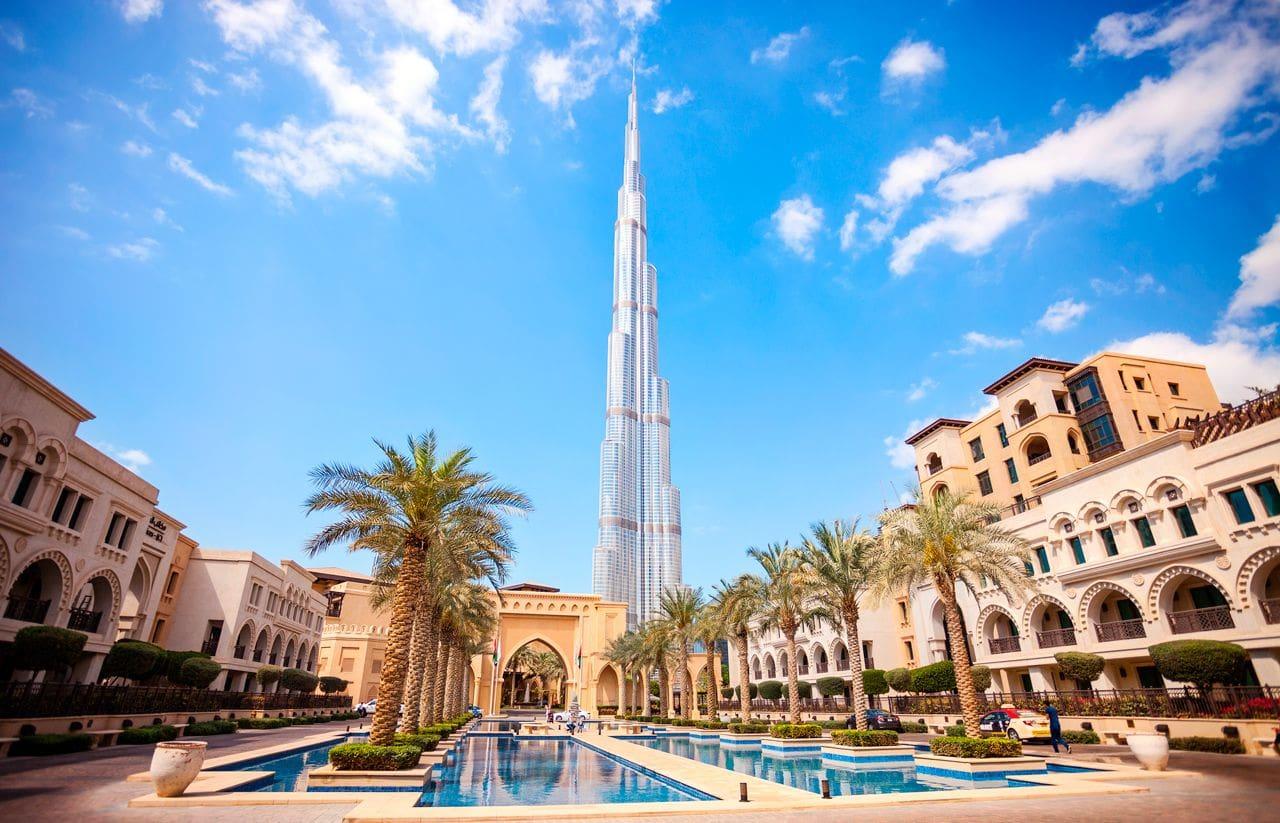Dubai has made an impressive leap in the 2025 Global Wealth and Lifestyle Report by Swiss private bank Julius Baer, climbing five places to become the seventh most expensive city in the world for wealthy individuals. This is primarily due to the ongoing increase in the cost of premium real estate and cars, which are key indicators of wealth in the region.
Dubai also ranked fourth among cities in Europe, the Middle East and Africa (EMEA) in terms of spending on luxury lifestyles. Despite overall price growth in local currency being only 1%, the emirate is competing confidently with recognised financial and cultural capitals such as London, Monaco and Zurich.
Record growth in real estate prices and demand for luxury goods
The Julius Baer Index analyses the cost of 20 key goods and services sought after by high net worth individuals (HNWIs), ranging from real estate and cars to legal advice and MBA programmes. In 2025, Dubai showed significant growth in housing prices (+17%) and car prices (+13%), which directly influenced its high position in the ranking.
Luxury real estate in Dubai is rapidly rising in price as more wealthy investors enter the market. For the same amount of money as in London, buyers get twice as much space, which is becoming a decisive factor, the report emphasizes.

The number of millionaires has doubled
According to New World Wealth and the consultancy firm Henley & Partners, the number of dollar millionaires in Dubai has increased by 102% over the past decade, reaching 81,200 people. The city is also home to 237 ultra-high-net-worth individuals (with a fortune of €100 million or more) and 20 billionaires.
In 2024, 72,500 millionaires, 212 centimillionaires, and 15 billionaires were registered in the emirate. These figures confirm Dubai's status as one of the world's fastest-growing centres of wealth.
According to forecasts by Julius Baer, the influx of wealthy migrants to Dubai, a trend that began during the pandemic, will continue in the coming years. The emirate expects to see the highest net inflow of HNWIs in the world.
Given the current dynamics, Dubai is becoming a serious contender for leadership in the rankings of the world's wealthiest cities. Its appeal is only growing, despite the rising cost of living, the Swiss bank concludes.
There is high demand for comfort, experiences and status
Wealthy Middle Eastern residents continue to actively invest in material assets such as luxury cars, designer clothing and jewellery, as well as lifestyle categories such as hotels, premium restaurants and luxury travel. Demand for high-end smartphones, designer bags and watches is growing particularly strongly.
While global consumption of luxury goods has fallen by 2%, Dubai is bucking the trend. According to Julius Baer, demand and activity in the premium segment here remain stable.
Global trends: Singapore is the most expensive city, but Dubai is catching up
Singapore remains at the top of the global ranking, followed by London, Hong Kong, Monaco and Zurich. Shanghai took sixth place, while Dubai confidently secured seventh, ahead of megacities such as New York, Paris and Milan.
